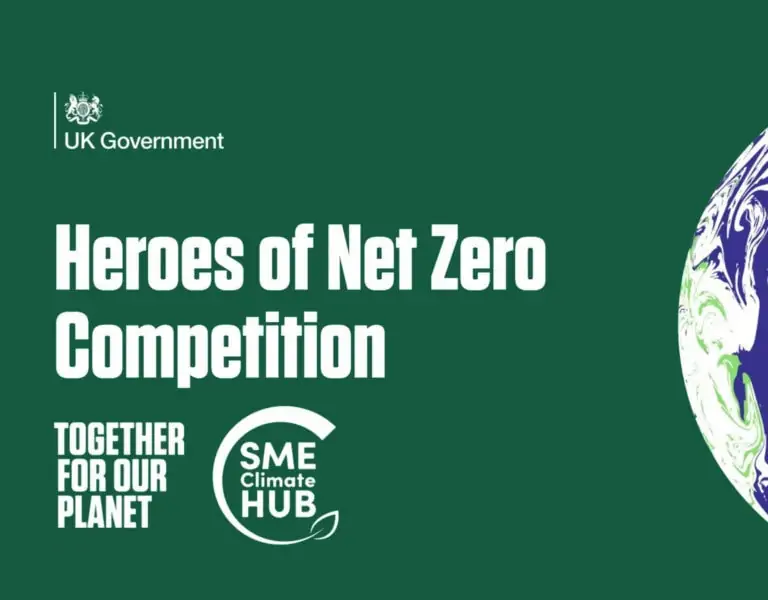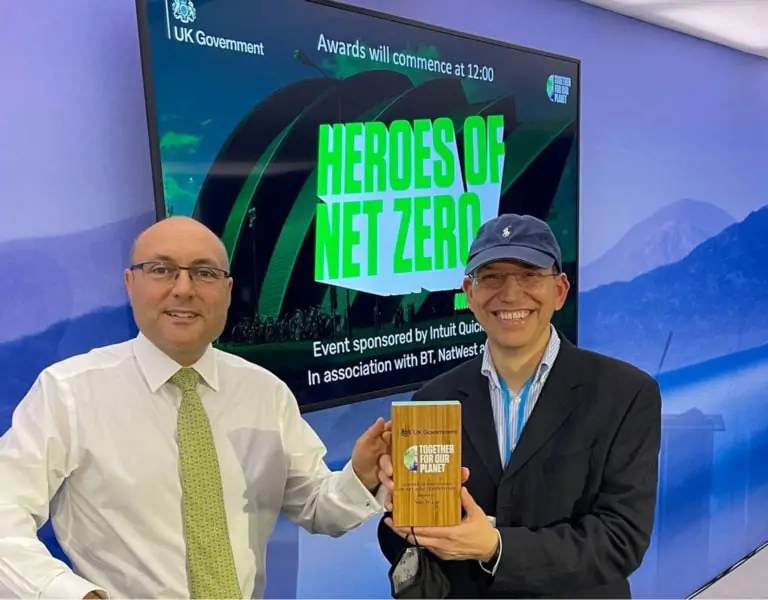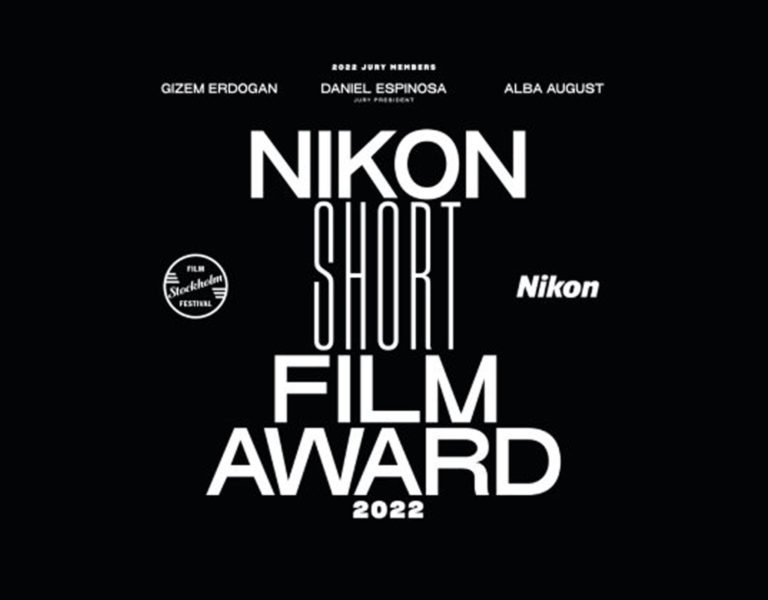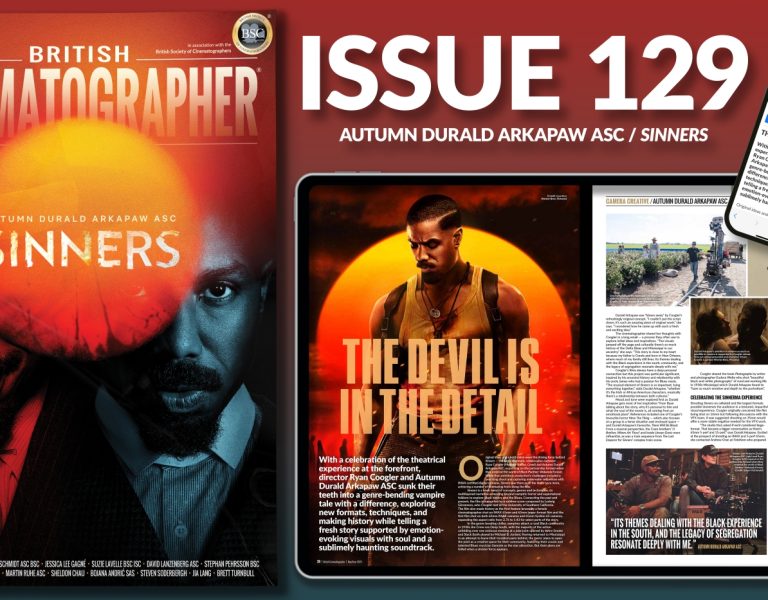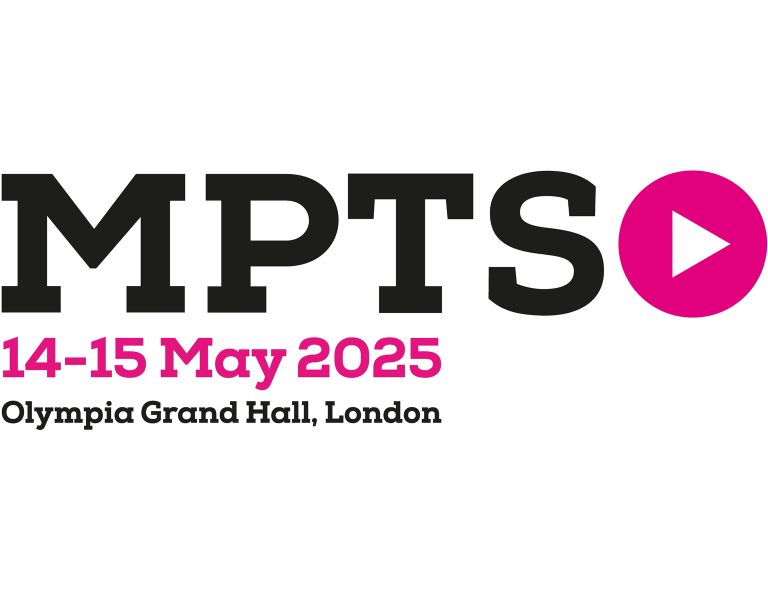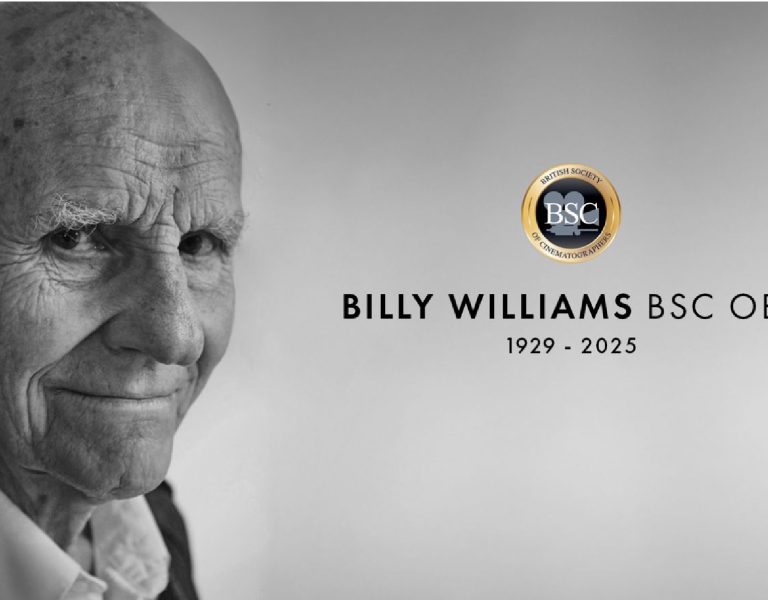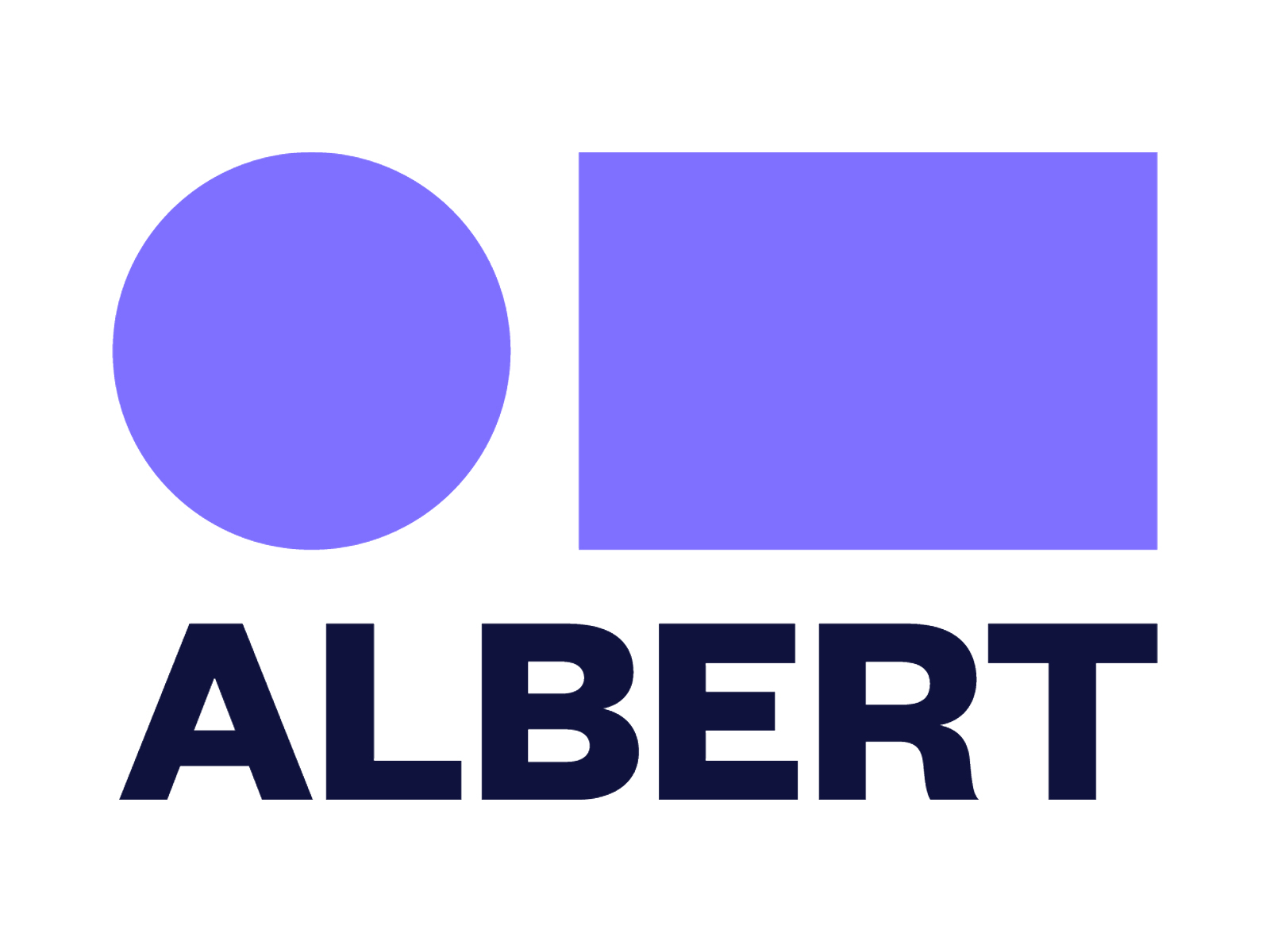
The announcement of Joe Lycett Vs the Oil Giant as the winner of this year’s inaugural Climate Impact Award at the Edinburgh TV Festival, marks another important milestone in the TV Industry’s commitment to do more and better climate storytelling to support society’s transition to a sustainable future.
The award comes just under a year on from the announcement of the Climate Content Pledge which was convened by albert and launched at COP26. The pledge was designed to commit broadcasters to consider the climate in all commissioned programmes, from a prime-time drama to a day time quiz show.
Carys Taylor, the Director of albert, the leading screen industry organisation for environmental sustainability, chaired the jury for the Climate Impact Award, helping to shape the criteria with other jurors to shift the focus on to editorial.
She said: ‘Huge congratulations to all the nominees and the winner of this year’s Climate Impact Award. There were some fantastic submissions which clearly advanced conversations about climate change and the solutions to tackling it but Joe Lycett Vs the Oil Giant was a bold new approach to lifting the lid on the systemic challenges relating to climate change and undoubtedly engaged new audiences in the debate.
There is huge, and frequently untapped opportunity for our industry to advance society’s conversations about the climate crisis and inspire change. This award represents a fantastic outcome of the industry’s work in this area – and we hope it’ll inspire more great content’.
Since launching the Climate Content Pledge in November 2021, albert has developed an Editorial Engagement Tool to further support those writing and developing ideas for screen to test their ideas and discover if there are further ways to incorporate climate storytelling. The tool is broken down by genre and asks a series of questions while also providing case studies, impact reports and ‘best in show’ clips along the way to help unlock new creative ideas.
Carys Taylor added: ‘The editorial tool is just one aid, alongside our free editorial training and online guides that albert has developed to support the industry, and particularly those making shows for the 12 broadcasters and streamers who originally signed up to the Climate Content Pledge. Each company will have its own strategy and plan for how it intends to fulfil its commitment to the pledge – albert is here to inspire the industry to do even more.’
Multiple studies and impact reports support the notion of storytelling as a key factor in society’s transition to Net Zero. The most recent IPCC report flagged that ‘narratives enable people to imagine and make sense of the future through processes of interpretation, understanding, communication and social interaction’1. Additionally, a recent poll by Ipsos Mori concluded that 2 in 3 people, on average, across 31 countries said they were concerned about the impacts of climate change that were already being seen in their country2 further proving that audiences need and want climate related and solution focussed content on screen.
albert is inviting key industry figures to its first sustainability summit this November at 195 Piccadilly, to reflect back on a year since the Climate Content Pledge was signed and to provide a platform for broadcasters to discuss their climate content plans for 2023 and beyond.
